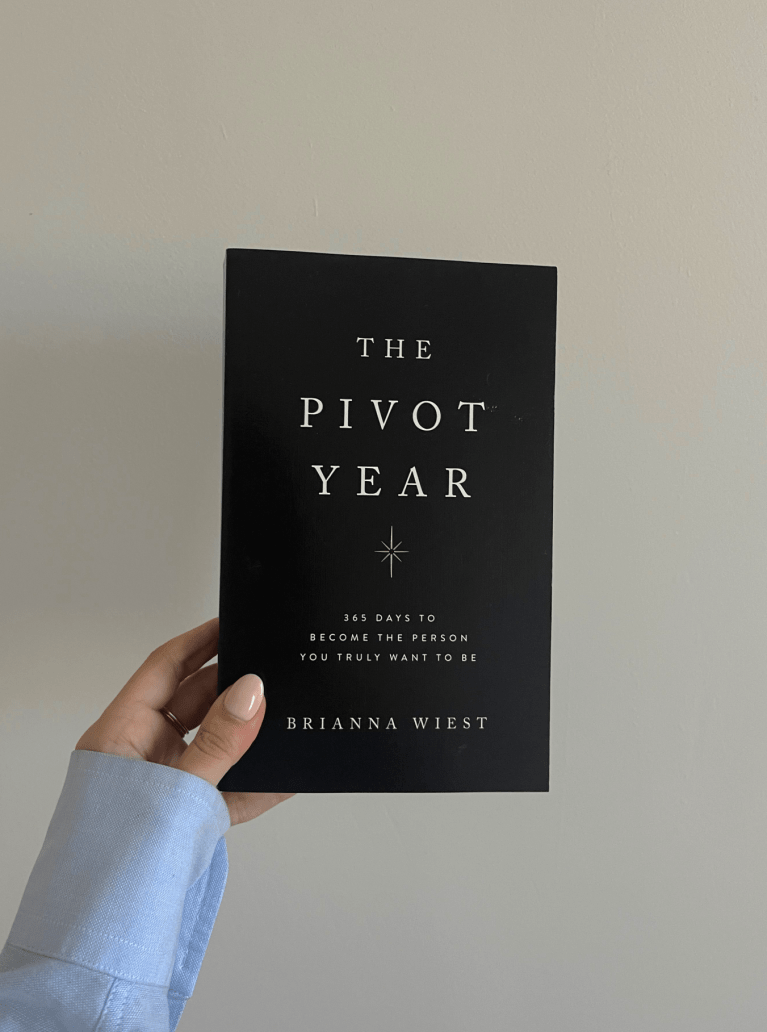
1. One of you assumes the blame for both of your actions.
The person who is more committed will always try to de-escalate conflicts by assuming more of the blame than is necessary. This breeds a lot of resentment down the road, and in the meantime, ensures that your real conflicts are never truly resolved.
2. One of you starts adopting the other person’s preferences as your own.
If you’re more committed than your partner is, you’ll be more willing to bend for their preferences than you will be inclined to honor your own. The problem with this is that there’s no fair, even compromise, and you end up with the short end of the stick very often. You end up living a life you only think you want, and wonder why you’re so unhappy in the end.
3. The person who is more committed tries harder to “earn” love, and the person who is less committed is turned off by it.
One of the saddest things that happens to failing love is when one person who is too desperate to make it work. For whatever reason, people love what they “can’t” have, or what they don’t assume is at their disposal. This is why the best relationships often blossom after people have taken time to develop a strong sense of self. When one partner knows the other doesn’t need them to survive emotionally, they become more attractive.
4. One of you is clear about where you want your relationship to go, the other just wants to “see what happens.”
A partner who is too jittery to even verbally agree to long-term commitments or major milestones is usually the one who isn’t very sure about the relationship as a whole. Sure, everything is alright for now, but when it comes to your plans for the future, they’re indefinitely up in the air.
5. One or both of you is afraid to fight.
If you’re scared that one small disagreement could totally blow your relationship to pieces, there’s something that’s telling you one or both of you is not as committed to it as you would like to believe.
6. One of you is constantly feeling a little unsure.
If you’re the one who isn’t certain about the relationship, you’re not as committed as you may think you are. If your partner is constantly making you feel uncertain or upset about when they’ll want to spend time with you or whether or not they really want to commit for good, they’re not as “in it” as they may be leading you to believe.
7. One of you speaks in definitives, the other speaks in hypotheticals.
Someone who is really committed to a relationship speaks about the future as though they are making plans. Someone who isn’t that committed, but is trying to “see if it would work” speaks about the future as a hypothetical, to get a feel for whether or not things would work in the long-term. This difference is essential to understand.
8. One person is clearly doing more of the heavy lifting in the relationship than the other.
One person is hosting the other more; someone always has to text first; someone is always making the long trip to see the other; someone is always footing the bill or keeping quiet about a disagreement to soothe over tensions. Basically, one person is absorbing more of the stress of a relationship because they fear placing anything else on someone who is already unsure would break it for good.
9. One or both of you are not enforcing standards.
When your standards go down the drain, and you begin to accept behavior that’s less than what you know you deserve, it’s almost always because you’re at your last ditch effort to keep someone who is clearly not that invested in treating you well. (It perpetuates a strange cycle: the worse they treat you, the more you realize they don’t care, the more you’re willing to accept to “get them” to care.)
10. The person who is more committed will begin to believe that the breakup was the result of their wrongful actions, even if it wasn’t.
This is a way of reclaiming a feeling of control.
This is why people who are broken up with often ask themselves: “Where did I go wrong?” or try to find the fault in their ways. It is very often because doing this puts them back in a place of control. If they did something wrong, they can apologize, and potentially fix the relationship; rather than having to accept the fact that you can love hard and still lose it, no matter how “well” you behave. ![]()







